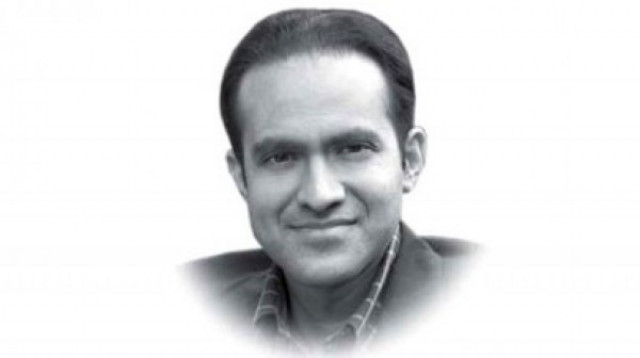The greening of SAARC

The greening of SAARC
The theme of the summit is environmental cooperation and climate change, which can perhaps be used to bring the acrimonious Pakistan-India delegations closer. All countries in this region share ecosystems, and political borders are utterly irrelevant to nature. Focusing on regional conflicts from an environmental point of view can be an excellent way of reframing the stale narratives of distrust that have scourged the subcontinent. The location and theme of the summit are opportune. Bhutan is the most progressive country in South Asia when it comes to environmental consciousness.
It has acquired a global reputation for measuring the well-being of its inhabitants in terms of variables of human prosperity which the king calls “gross national happiness.” The country is also very conscious of its Buddhist traditions that influence the kingdom’s policies in terms of community networks and voluntary simplicity. These are matters which other Saarc countries can learn from. However parochialism, that defies its ecological worldview, has crept into Bhutan’s policies. Forced removal of ethnic Nepalese from Bhutan’s border has led to their exodus to distant corners of the earth and is certainly troubling.
Even in my home state of Vermont in US we have a refugee resettlement program for them. Bhutan’s young Oxfordeducated king, Jigme Khesar Namgyel Wangchuck, should put his education to good use and make the country a true leader in “eco-regionalism.” Regarding the agenda for the current summit, let’s consider how climate change and regional cooperation can be further developed. The melting of the Himalayan glaciers has come under great scrutiny in recent months because of data exchanges at the UN’s intergovernmental panel on climate change. The Nobel-prize winning organisation has come under considerable fire from the “climate skeptics.”
The Saarc summit is an opportunity to show solidarity about the clear and present danger of water security and its link to climate change. Even if the glaciers are not receding at the same rate as studies say, there is no question about the diminution in water availability for the region. The Western Himalayas region has been plagued by conflict which extends to the longest glacier in the Himalayas – the Siachen. Few scientists have access to this region and the SAARC summit should be an opportunity to promote environmental cooperation in studying this beleaguered glacier. Perhaps this will in turn lead to some form of dispute resolution on the matter as well.
In 2006, Manmohan Singh indicated that Siachen would someday be a “peace mountain” — a call which has been reverberating for many years from scientists, retired military officials and activists alike. The Saarc summit is an opportunity to consider such seemingly idealistic prospects in collaboration with other regional organizations such as the International Center for Integrated Mountain Development based in Kathmandu, Nepal. Let’s hope the Pakistan-India leadership can find inspiration from Bhutan’s valleys to bridge their own senseless rifts that defy our common ecology.












1724319076-0/Untitled-design-(5)1724319076-0-208x130.webp)






COMMENTS
Comments are moderated and generally will be posted if they are on-topic and not abusive.
For more information, please see our Comments FAQ